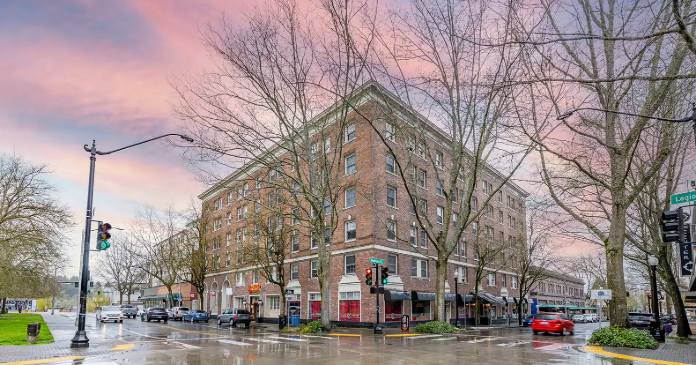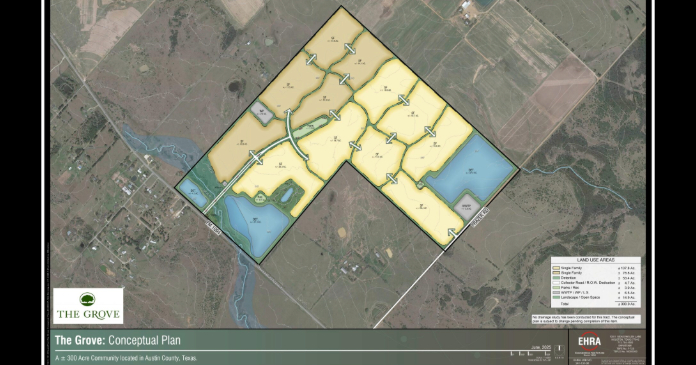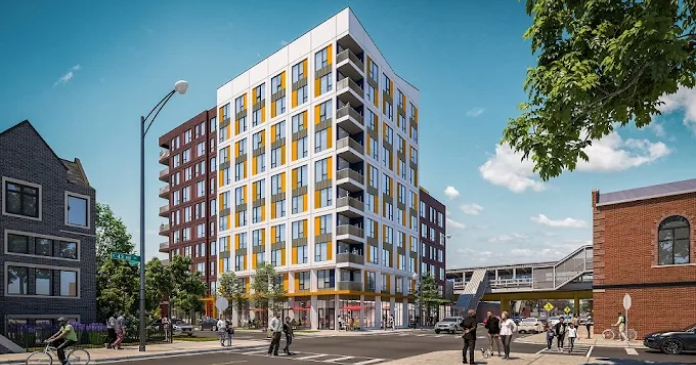When I first explain responsibilities under the Department of Housing and Urban Development’s (HUD’s) multifamily programs, I start by noting that a mortgage loan borrower, an owner, and a property manager are also non-procurement government contractors. This basically helps illustrate that while a company or person is involved in providing housing, in real estate ownership and operations, and in real estate finance, often times, that company or person becomes a government contractor.
The line between real estate and government contracting is not as clear as it should be. Indeed, it is often hard to find guidance on what a non-procurement government contractor is, except maybe in government-wide debarment rules. Basically, applying for a loan or signing a management contract is not a form of procurement, but, yet, owners and management companies are signing contracts with the federal government, so they are viewed as a non-procurement government contractor.
The law as to the legal efficacy of HUD guidance is not entirely settled, with some courts ruling that HUD handbooks and circulars are to be followed and others that they are not binding.
Within this not so clear set of parameters is another informal set of terms we often use—HUD law and HUD lore. HUD law includes the notices, handbooks, rules, statutes, and case law. The lore is the interpretation around those materials. This includes knowing when to follow a notice that may have expired according to its terms, but which HUD staff still follow as a practical matter, knowing that it is better to ask for permission than forgiveness. And, it is better to submit an audited financial statement with a notation, should that become an issue, and on time than to wait until some days, weeks, months after the due date to resolve any such notations before filing.
Parties not steeped in HUD law and HUD lore find themselves making what, in the abstract, may seem like reasonable business decisions, but in this context may run afoul of a HUD guidance, rule, or federal law, or a common HUD interpretation of guidance, rule, or law. This sort of issue between what is clearly written in regulation, what is written in guidance, and what is interpretation seems to become more of an issue in times of economic change.
Perhaps, that is because times of change are when successful real estate companies seek new opportunities or when economic changes create the need for cost savings and staff restructuring among housing providers. Perhaps, it is best to regard these as new opportunities for reexamination of current practices.
Audits
Key about HUD requirements is timely and, of course, accurate submission of annual audited financial statements for all borrowers of HUD multifamily-insured loans. See 12 U.S.C. § 1735f-15(c)(1)(B)(x). In sum, HUD may and, at some point, can be expected to impose hefty civil money penalties for failure to furnish audited financial statements within the 90-day period after the end of the borrower’s fiscal year. Penalties can range up to $51,222 per violation for multifamily owners.
HUD multifamily mortgages vs. rent subsidy
There is an age-old issue as to whether certain Section 8 project-based rental assistance (PBRA) contracts come under HUD’s audit requirements and whether the surplus cash standards apply. As a rule, HUD has been applying audit requirements to old PBRAs. But, historically, even if audits are required, it isn’t clear that surplus cash standards apply to older PBRAs that have no limitation on distributions. Still, HUD interpretations call for the application of surplus cash standards, whether or not audits are required of that specific PBRA owner.
Surplus cash
HUD business agreements and 24 C.F.R. Part 5 require that project resources have to be used for project purposes, which is a very broad concept. In one sense, it is for the owner to reasonably determine what is a project purpose. Arizona Oddfellow-Rebekah Housing, Inc. v. HUD, 125 F.3d 771, 773 (9th Cir. 1997). But, HUD recognizes project uses as those noted in HUD’s Management Agent Handbook, 4381.5 REV-1, Chapter 6. Generally, surplus cash can be calculated up to twice a year (depending on the documents with HUD). Certain HUD programs put restrictions on the distribution of surplus cash. Otherwise, surplus cash is distributable to the owners. But, HUD interprets that the owner must be otherwise in compliance with HUD requirements. One can argue that certain complexes, called profit-motivated, should have the flexibility to utilize cash flow, but that is not HUD’s interpretation.
Each borrower entity, unless there are prior HUD approvals, is expected to be separate from every other and is to have a singular purpose of operating the apartment complex. Advancing funds to a property as well as repaying advances or loaning funds out can have a very logical basis—encouraging owners to advance money in times of revenue shortfall. And there is some legislative commentary recognizing that happens and is not objectionable. But HUD’s interpretation overall is strongly against any such activities without prior written approval.
In all events, working with HUD, and managing cash in HUD programs, is more than just reading the guidance, it is understanding the ongoing communication between HUD and its business partners.
Excerpt Richard Price is partner with Nixon Peabody’s Affordable Housing & Real Estate group, who focuses his practice on real estate finance and regulation, affordable and rural housing, and community development. He is a former HUD trial attorney with 30 years of experience on both the litigation and transactional side.


![shutterstock_1198825738 [Converted]](https://yieldpro.com/wp-content/uploads/2020/10/Understanding-cash-controls-for-HUD.jpg)










